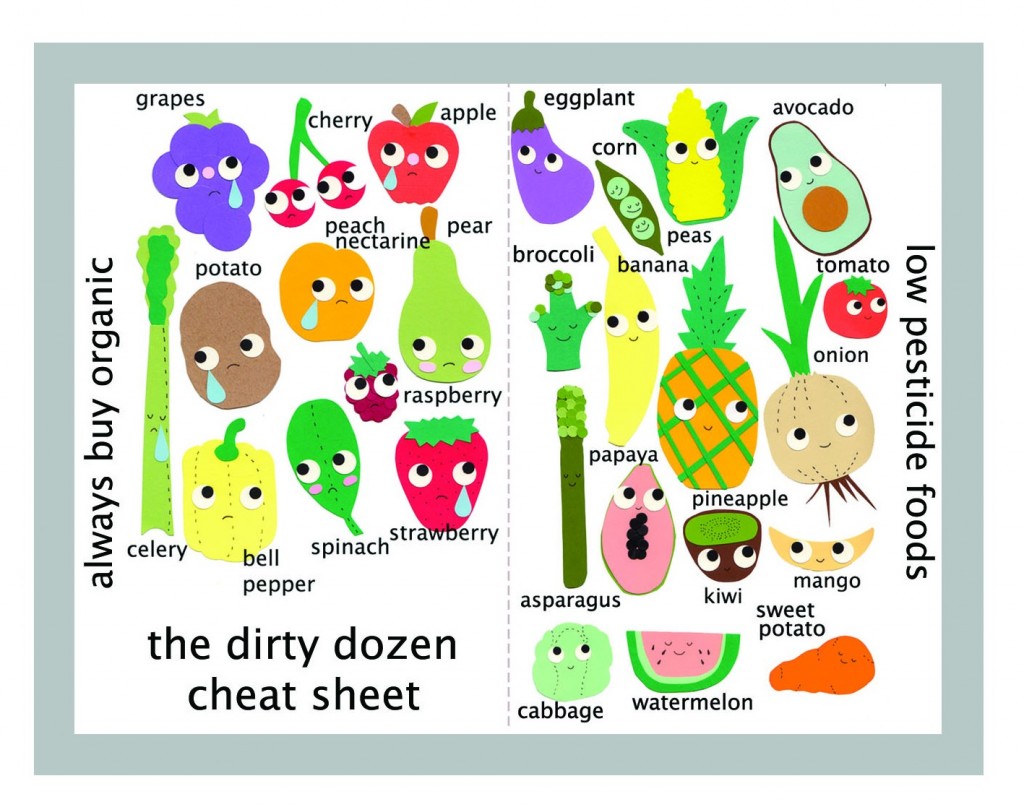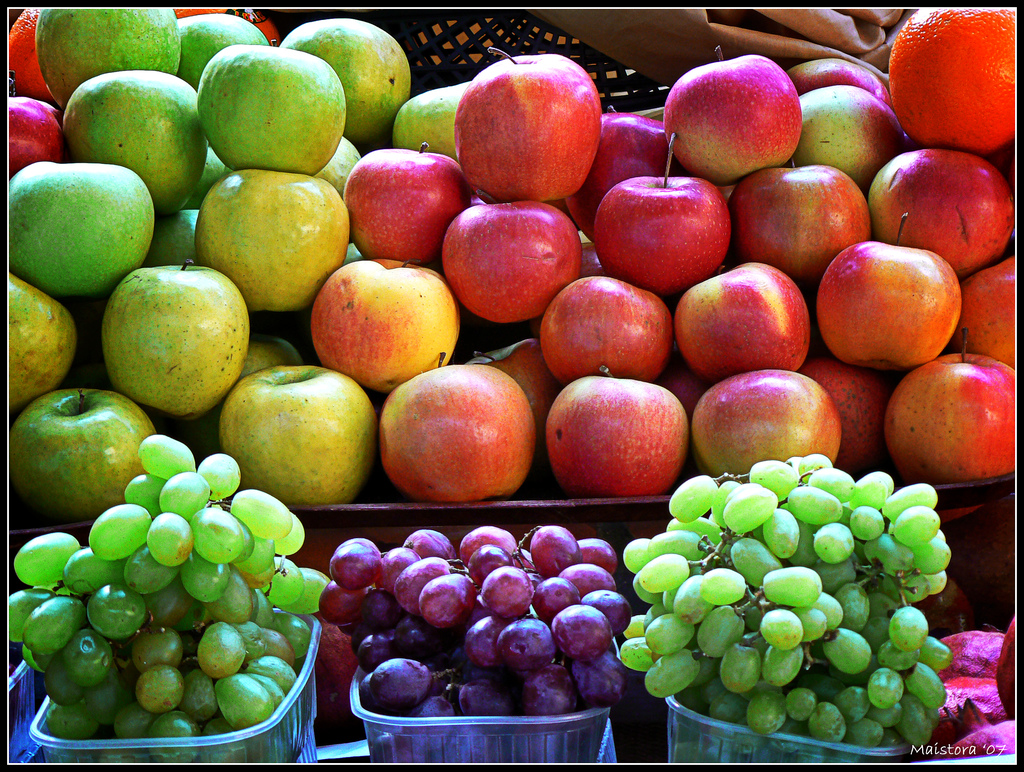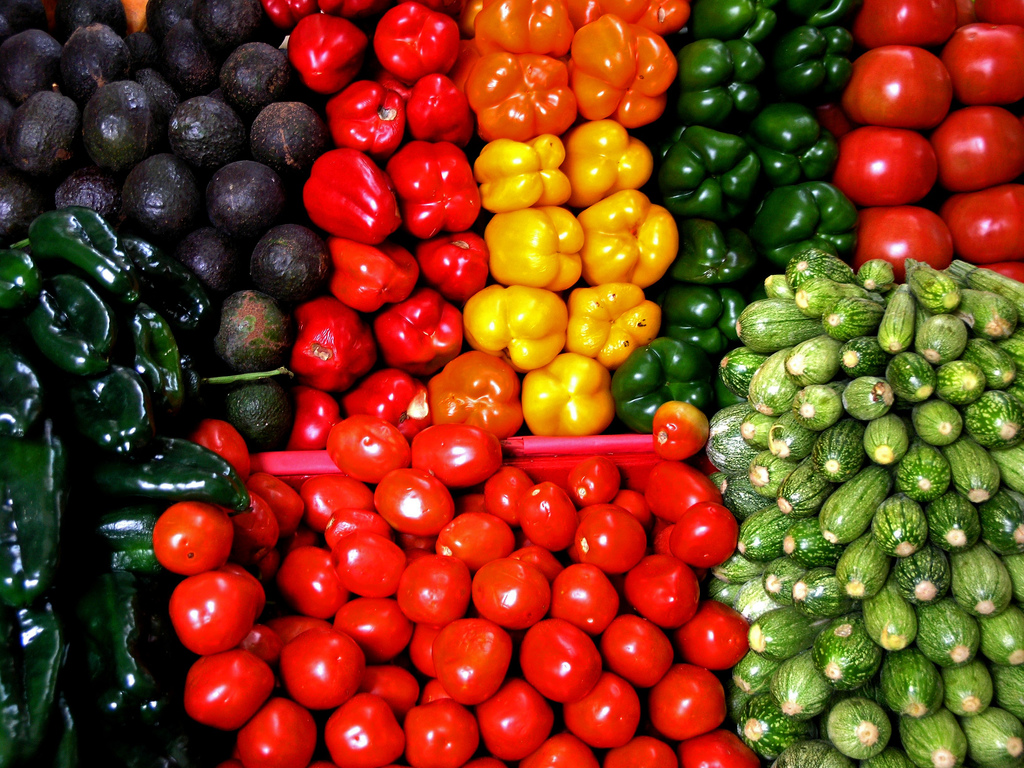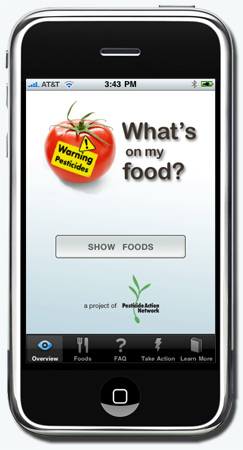On Monday, CNN via Health.com reported that a new study revealed what many of us already speculated about pesticides being linked to ADHD in children.
The article said :
Children exposed to higher levels of a type of pesticide found in trace amounts on commercially grown fruit and vegetables are more likely to have attention deficit hyperactivity disorder than children with less exposure, a nationwide study suggests.
The article goes on to say that this study is the first to examine the effects of exposure in the population at large, and that the largest source of exposure for children is believed to be food, especially commercially grown produce.
Ways to Avoid Pesticides
After this revelation, avoiding pesticides and other harmful chemicals is as important as ever, especially where our families are concerned.
“Organic food production and processing is the only system that uses certification and inspection to verify that these chemicals are not used,” Christine Bushway, the Organic Trade Associaton’s Executive Director said.
According to the OTA, the use of organophosphates is prohibited in organic production. Insect killers (insecticides) known as organophosphates can kill insects by disrupting their brains and nervous systems. These chemicals also can harm the brains and nervous systems of animals and humans, which is what was brought to light in the most recent research linking organophosphates to ADHD.
Buying organic fruits and vegetables, as well as shopping locally at farmers markets are great ways of reducing exposure to organophosphates. While the higher cost of organic food can be a hindrance, it should be pointed out that in some areas, as organics become more mainstream, the price of organic food is almost comparable to its conventional counterpart. (There’s a $.50 difference between organic vs. conventional apples at my local grocery store.) Also, if it’s an option, co-ops are a great way of accessing affordable organic produce.
The Dirty Dozen
And what if you can’t buy everything organic? Well, familiarize yourself with the Dirty Dozen. If you can’t do everything organic, aim to at least buy the organic fruits and veggies otherwise known as the “Dirty Dozen.” EWG says, you can lower your pesticide consumption by nearly four-fifths by avoiding the 12 most contaminated fruits and vegetables and instead eating the least contaminated produce. The Dirty Dozen are the fruits and vegetables that have the highest exposure levels to insecticides. When you eat the 12 most contaminated fruits and vegetables, you’ll be exposed to an average of 10 pesticides a day.
Check it
The Dirty Dozen includes:
-
Peaches
-
Apples
-
Sweet Bell Peppers
-
Celery
-
Nectarines
-
Strawberries
-
Cherries
-
Pears
-
Grapes (Imported)
-
Spinach
-
Lettuce
-
Potatoes
12 Least Contaminated
-
Onions
-
Avocado
-
Sweet Corn (Frozen)
-
Pineapples
-
Mango
-
Asparagus
-
Sweet Peas (Frozen)
-
Kiwi Fruit
-
Bananas
-
Cabbage
-
Broccoli
-
Papaya
To read more about finding healthier food, be sure to check out and bookmark EWG’s Shopper’s Guide to Pesticides.
Have a hard time remembering the Dirty Dozen? Check out this awesome cheat sheet I saw on Cool Hunting via Twitter. From CH: The credit card-sized guide from Papercrane separates 27 common fruits and veggies into two categories, those that usually have a low pesticide content and those that don’t. This awesome chart is downloadable (just click on the photo) or visit the original page.
From CH: The credit card-sized guide from Papercrane separates 27 common fruits and veggies into two categories, those that usually have a low pesticide content and those that don’t. This awesome chart is downloadable (just click on the photo) or visit the original page.
And what would we do without our handy iPhone apps? Check out the free What’s On My Food App from the Pesticide Action Network (PAN). The app links USDA food testing data to toxicology (i.e. health effects) data compiled from multiple authoritative sources, and gives you an in-depth look at what’s really in our food.
And finally, as much as possible, shop local! Check out your local farmers’ markets to find fresh, organic produce. Need help locating your closest farmer’s market? Visit Local Harvest to help locate farmers’ markets, family farms, and other sources of sustainably grown food in your area.
To access the study that links ADHD to exposure of pesticides, go here.




